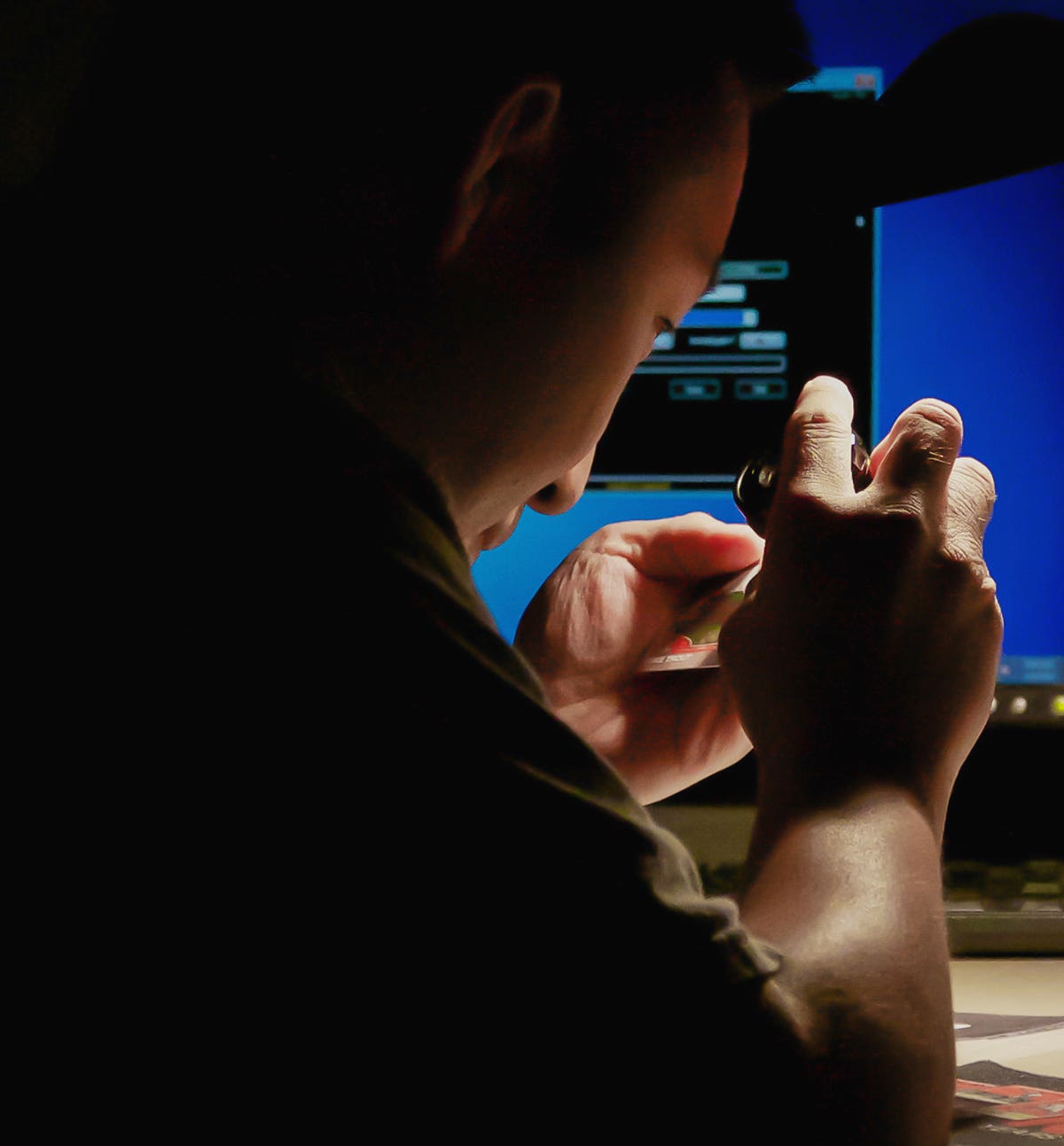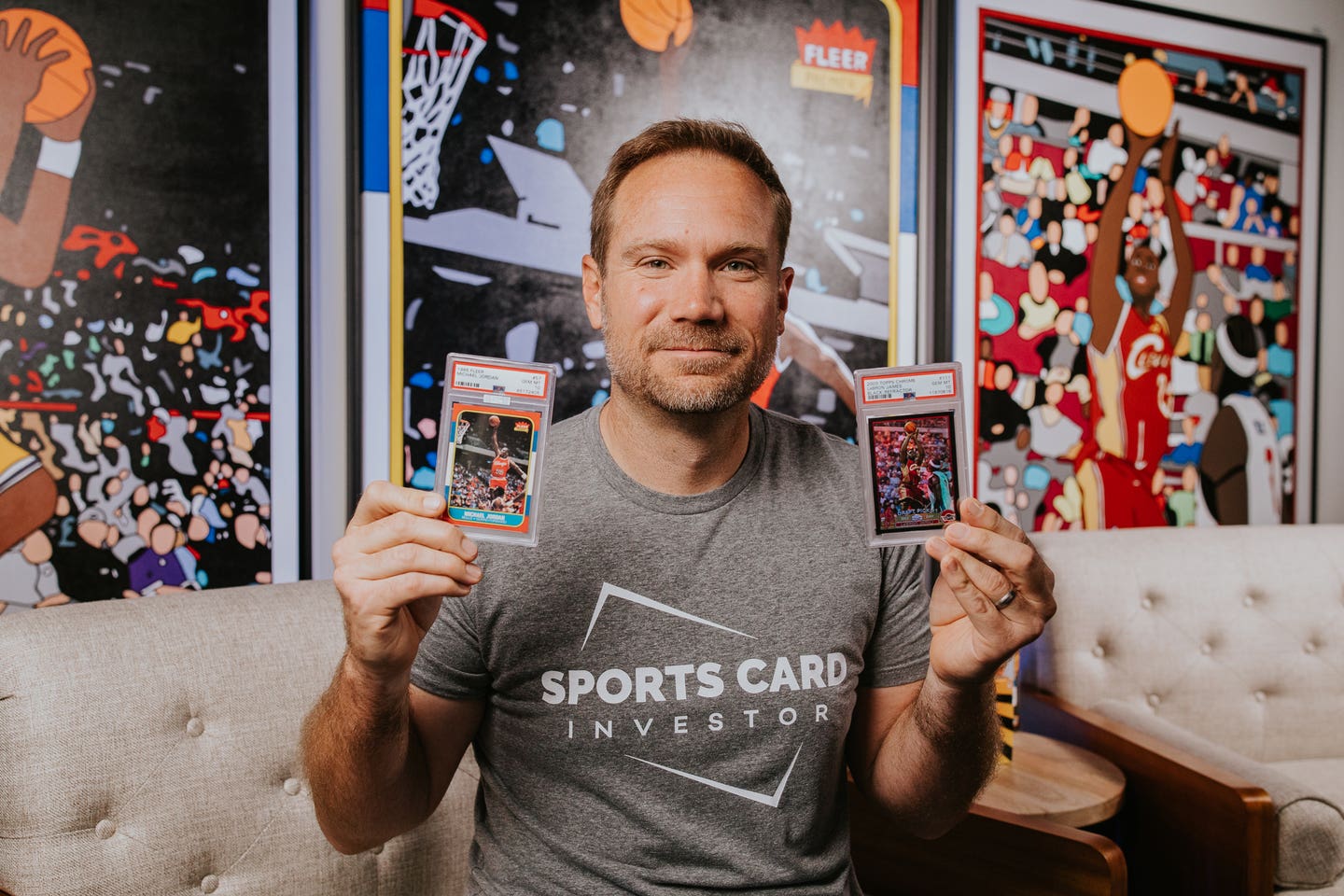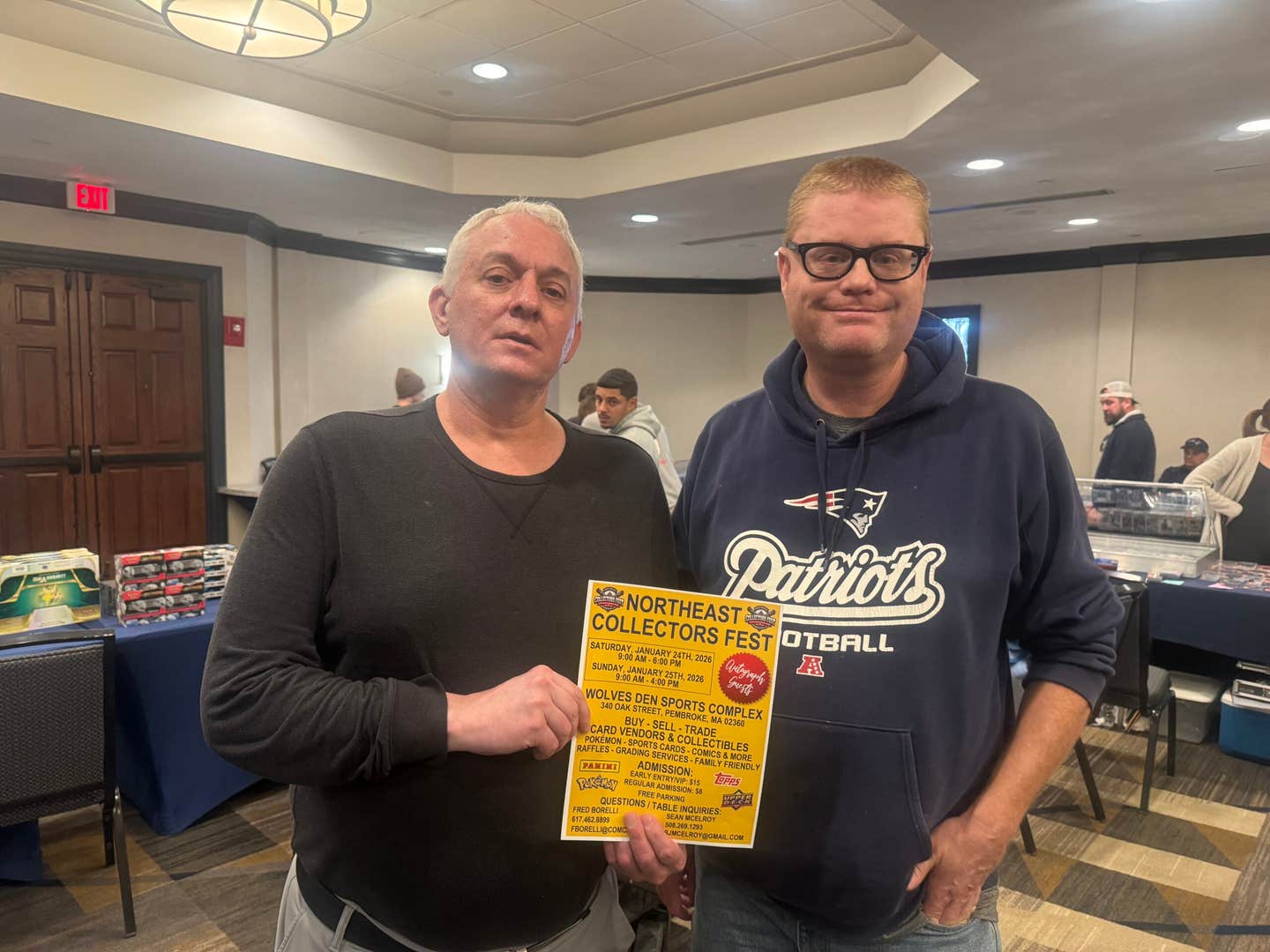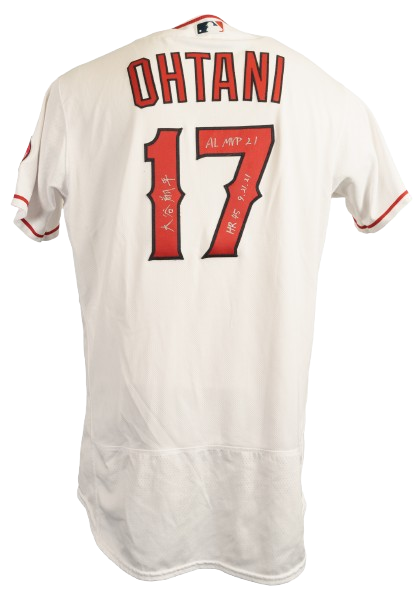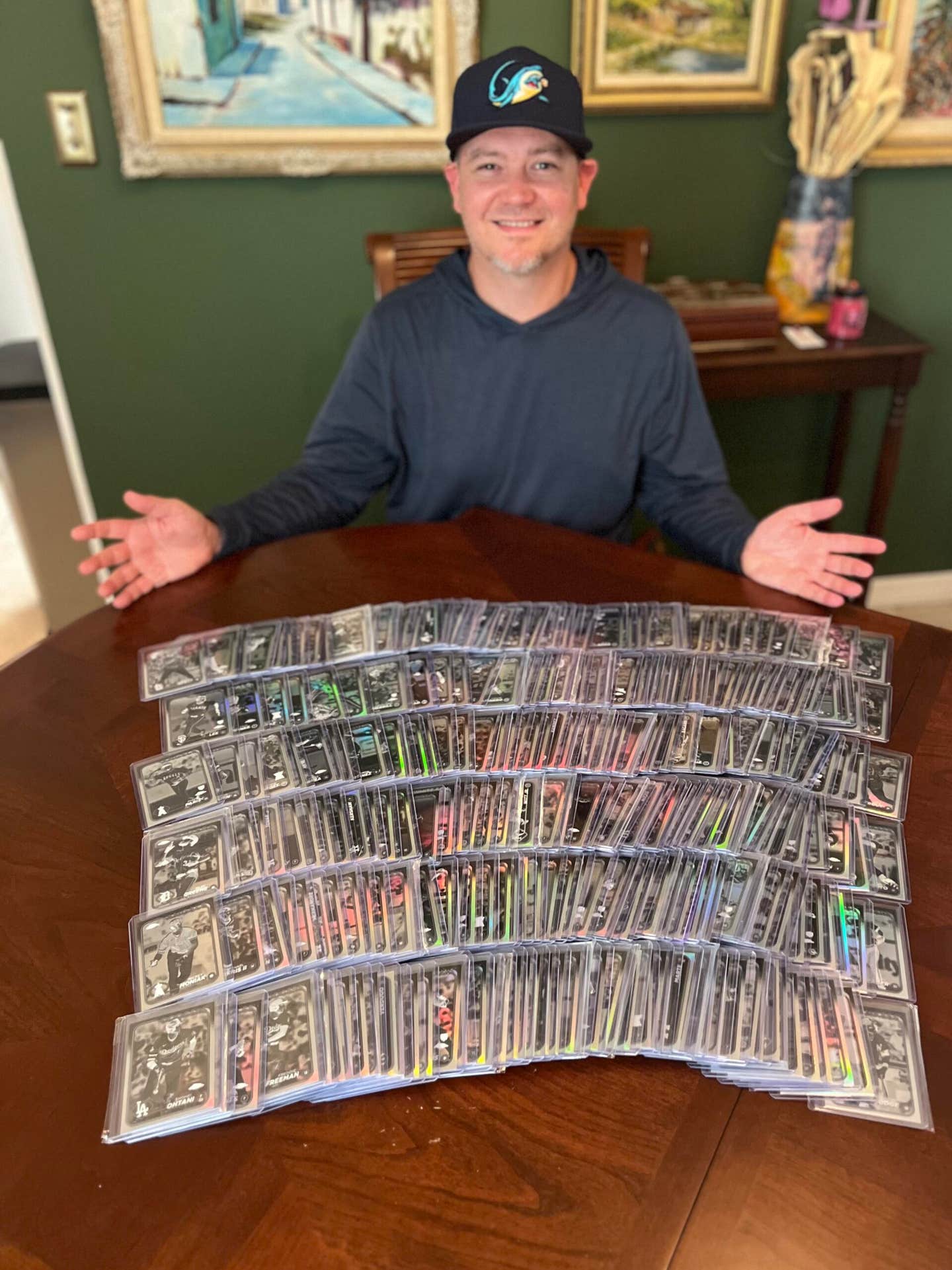Collector Shows
How to Catch a Thief at Shows
They’re out there. Lurking in the hobby’s darkest corners, ensconced behind honest patrons, ready to strike when the moment is right. Thieves, robbers, stealers, criminals, rip-off artists, pirates – whatever moniker is placed on them, this seedy element still exists at card shows, both big and small, all across the country. Catching a thief isn’t always easy. These card show pirates are not flying the Jolly Roger, nor are they dressed in a tuxedo like Cary Grant.
Hobby dealers find thieves hard to classify, and their methods of operation even more difficult to decipher and discuss. For though the hobby dealer is by his or her very nature loquacious, many feel that in regard to theft, loose lips sink ships – or, in this case, dealer profits and morale. The reticence of these dealers is admirable. It’s the kind of unwavering silence that would make Don Corleone proud.
But two dealers from opposite ends of the country were willing to discuss theft in the hobby. Brian Marcy, owner of Scottsdale (Ariz.) Cards, and Michael Hattley, owner of Touchdown Treasures (Conn.), both said dealers prefer to give theft the silent treatment because they don’t want to provide new fodder to criminals who might not have stumbled onto the ideas on their own. Dealers are also quiet about theft because, “If a high-ticket item disappears, most dealers don’t want it known because they think it will reflect poorly on them,” Hattley said.
Marcy and Hattley want to help new dealers and those hobbyists who’ve considered setting up at a sports card show. So they’ve provided some simple, yet effective, advice that’ll keep inventory around long enough for the honest customers to peruse and purchase.
Prevention
Sometimes, the most obvious advice is the hardest to follow. Dealers know that cards kept in glass cases, and under lock and key, are almost impossible to swipe.
“Do your due diligence,” said Hattley, a dealer for 24 years. “Always be acutely aware of where your key items are.”
This is a lesson Hattley learned the hard way when he had a Super Bowl III program, valued at $500, taken from a box on his table. “All it takes is one sour moment to change how you do things,” he added. Hattley now keeps larger items, such as programs, inside the glass.
Marcy, who sets up at about a dozen shows each year, learned early in his career about the diversion technique used by thieves.
“I once had a customer ask to see my stack of ’86 Fleer Basketball cards,” he recalled. “After giving him the stack, I went to assist another customer at the other end of the table. By the time I got back, about $500 worth of Fleer cards were missing.” Extra eyes, Marcy said, are always a plus. “Now there are almost always two of us at the table, and at shows like the National, I staff four people.”
The configuration of a dealer’s booth is also a prime consideration for a rip-off artist with a magician’s sleight of hand.
“The U-shaped booth that allows customers to walk inside a dealer’s area is difficult to monitor,” Hattley said. Hattley also suggested keeping valuable materials away from booth corners. “Binders set on the edges of tables are easily stolen.”
Despite these precautions, Hattley still sees dealers doing strange things, like reading a newspaper folded out in front of their face instead of monitoring their booth closely.
Another common target for thieves is the half-off boxes dealers put on their tables. Marcy knows from first-hand experience that bargain bins can be bad for business.
“I once had a 12-year-old kid fill his baseball glove with cards from my ‘junk’ box,” he said. “I caught him with about $600 worth of cards, and after involving a police officer, learned the kid had a prior shoplifting charge. What floored me was that the officer tried to talk me out of pressing charges.” Marcy, like many dealers, carries insurance to cover theft. Others utilize their own security measures – like hidden cameras placed in the booth – to protect their investments.
Dealers are a close-knit group and often look out for one another. “We all know each other,” Hattley said. “If a dealer doesn’t witness the theft from his own table, it’s usually the neighboring dealer who gets wind of it.”
Marcy said he and several other dealers were well aware of a kid who once stole more than $2,000 worth of cards from Marcy and other booth holders. After catching him and involving security, “The kid’s dad shows up and, dead serious, tells his son that if you’re going to keep stealing you should get better at it so you don’t get caught,” Marcy said. “I went to court to make sure something happened, and the kid did get community service.”
All of which brings up one of Hattley’s edicts. “The professional thief is slick and really tough to catch,” he said. “A dealer’s efforts should be primarily focused on deterring the amateur.”



